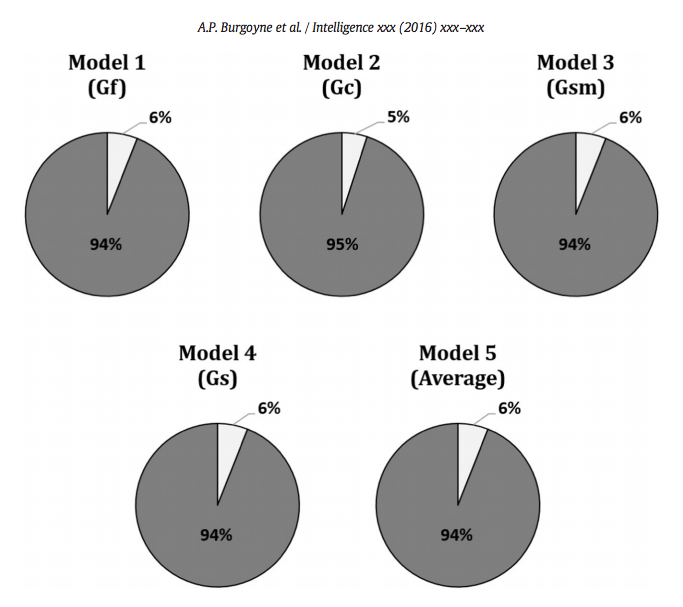Chess, the eminently cerebral game, is even thought provoking in ways unrelated to the movement of pieces on the board. One, for instance, pertains to the issue of proficiency, eventually leading to the question: What makes a chess player good, or great, or even a grandmaster?
Taking that a step further: Can you become a talented or great player simply by practicing relentlessly? Or must one already possess superior, innate intelligence in order to succeed?
These were just some of the questions posed by a group of researchers from Michigan State University, who, according to their recent study, sought to "quantitatively synthesize the available evidence for the relationship between cognitive ability and chess skill." Their quest, essentially, was to evaluate every credible paper ever written to answer this chicken-egg question hanging over the game for centuries.
What these researchers learned was that when it came to identifying whether intellect, or skill through determined practice, was the main driver of chess success, the answer was ... it depends on the caliber of player that you are.
Intelligence was more of a significant factor for younger players and those still learning the game, while elite players excelled because of their knowledge and expertise.
"The study found that intelligence was linked to chess skill for the overall sample, but particularly among young chess players and those at lower levels of skill," according to the authors of the paper entitled, "The relationship between cognitive ability and chess skill: A comprehensive meta-analysis," published in the journal Intelligence. "This may be because the upper-level players represent a winnowed distribution of cognitive ability – in other words, they all tend to be fairly bright."
The team, led by MSU’s Alexander Burgoyne, reviewed 2,287 relevant articles on chess, going back decades. "After examining these articles and discarding irrelevant ones (e.g., literature reviews)," the study says, the researchers "identified 19 studies that met all the inclusion criteria," involving approximately 1,800 participants.
“Chess is probably the single most studied domain in research on expertise, yet the evidence for the relationship between chess skill and cognitive ability is mixed,” said Burgoyne, quoted in a Michigan State report. “We analyzed a half-century worth of research on intelligence and chess skill and found that cognitive ability contributes meaningfully to individual differences in chess skill.”
In the study itself, the authors conduced that the results "revealed that chess skill correlates significantly and positively with four broad cognitive abilities":
- Gf — fluid reasoning
- Gc — comprehension-knowledge
- Gsm — short-term memory
- Gs — processing speed

However, the authors added, "Given that the correlations were significant for Gf, Gc, Gsm, Gs, it is somewhat surprising that the correlation was non-significant for full-scale IQ." They continued, that "this evidence must be interpreted cautiously. More research is necessary to definitively disentangle the effects of age, skill, and type of skill measure on the relationship between cognitive ability and chess skill."




